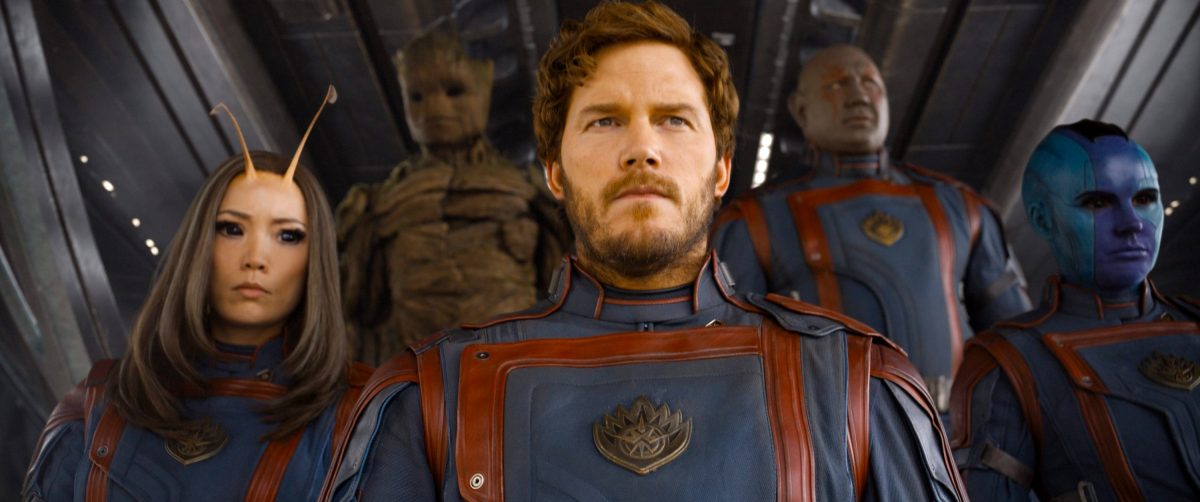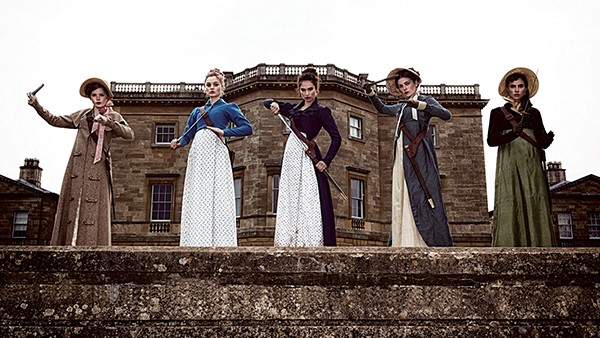It was strange to watch Disney’s new, live-action Cinderella so soon after seeing Into the Woods. In Stephen Sondheim’s fairy tale musical mashup, Cinderella, who was played in last year’s film adaption by the extraordinarily talented Anna Kendrick, is a flighty, witty presence who toys with the Prince because she can’t seem to make up her mind about much of anything. But the new Disney Cinderella played by Downton Abbey‘s Lily James is none of those things, which is why Sondheim’s take on the character is labeled “revisionist.” For better or worse, this Cinderella is as familiar and unthreatening as Disney’s branding department needs her to be.
The director Disney chose to revamp the intellectual property Walt appropriated from the cultural commons of fairy tale land is Kenneth Branagh. A prolific Irish stage actor who was hailed as the second coming of Sir Lawrence Olivier, Branagh is no stranger to screen adaptations, having began his film career in 1989 the same way Oliver did in 1944, with a re-imagining of Shakespeare’s Henry V. And while he has done yeoman’s work adopting the Bard over the years (Much Ado About Nothing, Love’s Labour’s Lost, Hamlet), lately, he’s found success adopting Marvel heroes (Thor) and Tom Clancy novels (Jack Ryan: Shadow Recruit).
Even working within the Disney corporate environment, Branagh’s hand is evident in Cinderella. He approaches this adaptation in the same classy way he approaches Shakespeare. But here’s the thing: It’s not the Grimm version of the tale he’s adopting, like Sondheim did in Into the Woods. Nor is it the 17th-century French version of the tale Cendrillon, which introduced the Fairy Godmother and the glass slippers. Branagh’s bailiwick is to adopt Disney’s 1950 animated musical Cinderella into a live-action, non-musical version.
I’m still pondering why anyone thought this would be a good idea. Cinderella is extremely important to Disney. It’s widely credited as being the film that saved the studio, reversing Walt’s sliding fortunes after a decade of war and bad luck had pushed him to the brink of bankruptcy. After all, Disneyland’s centerpiece is Cinderella’s Castle. It’s built right into their corporate logo. And no one has been more successful with musicals in the 21st century than Disney, as hordes of parents who can’t get “Let It Go” from Frozen out of their heads will be the first to tell you. So why strip out the music from the corporate flagship, dooming it from the very beginning to be a tinny echo of the original?
Branagh does his best, as he always does, and over all, the production benefits from his taste and style. Cinderella reads Pepys to her melancholy father (Ben Chaplin) after her mother (Hayley Atwell of Agent Carter fame) dies. The diction is much higher than with most movies aimed primarily at preteen girls, with narrator and Fairy God Mother Helena Bonham Carter opining about how “economies were taken” when Cinderella’s father dies offscreen, leaving her stepmother (Cate Blanchett, who steals every scene she’s in) and stepsisters Drisella (Sophie McShera) and Anastasia (Holliday Grainger) without any means of support. James’ Cinderella and the Prince (Richard Madden from Game of Thrones) actually have good chemistry, and they appropriately share some of the film’s best scenes together, such as when Branagh has them circle each other on horseback when they first meet in the forest, and when they steal away during the ball so he can show her his “secret garden.” Visually, the director takes frequent inspiration from the animated version, from the color coding of the wicked stepsisters to the way Cinderella’s pumpkin coach dissolves when the Fairy Godmother’s spell wears off.
Branagh’s swooping camera and sumptuous CGI palaces look good enough, but they can’t replace the classic, hand-drawn animation of the old-school Cinderella. And even without the songs, this version is almost 50 minutes longer than the classic. Most of the extra running time comes in the beginning, when Branagh spends time exploring more of the family’s backstory, although he wisely gives Blanchett’s Wicked Stepmother as much screen time as possible. Cinderella‘s not a bad movie, per se, it’s just turgid, overly long, and desperate for a reason to exist beyond the boffo box office numbers it put up last weekend. But we all know that, for the House of Mouse, $132 million is reason enough.

